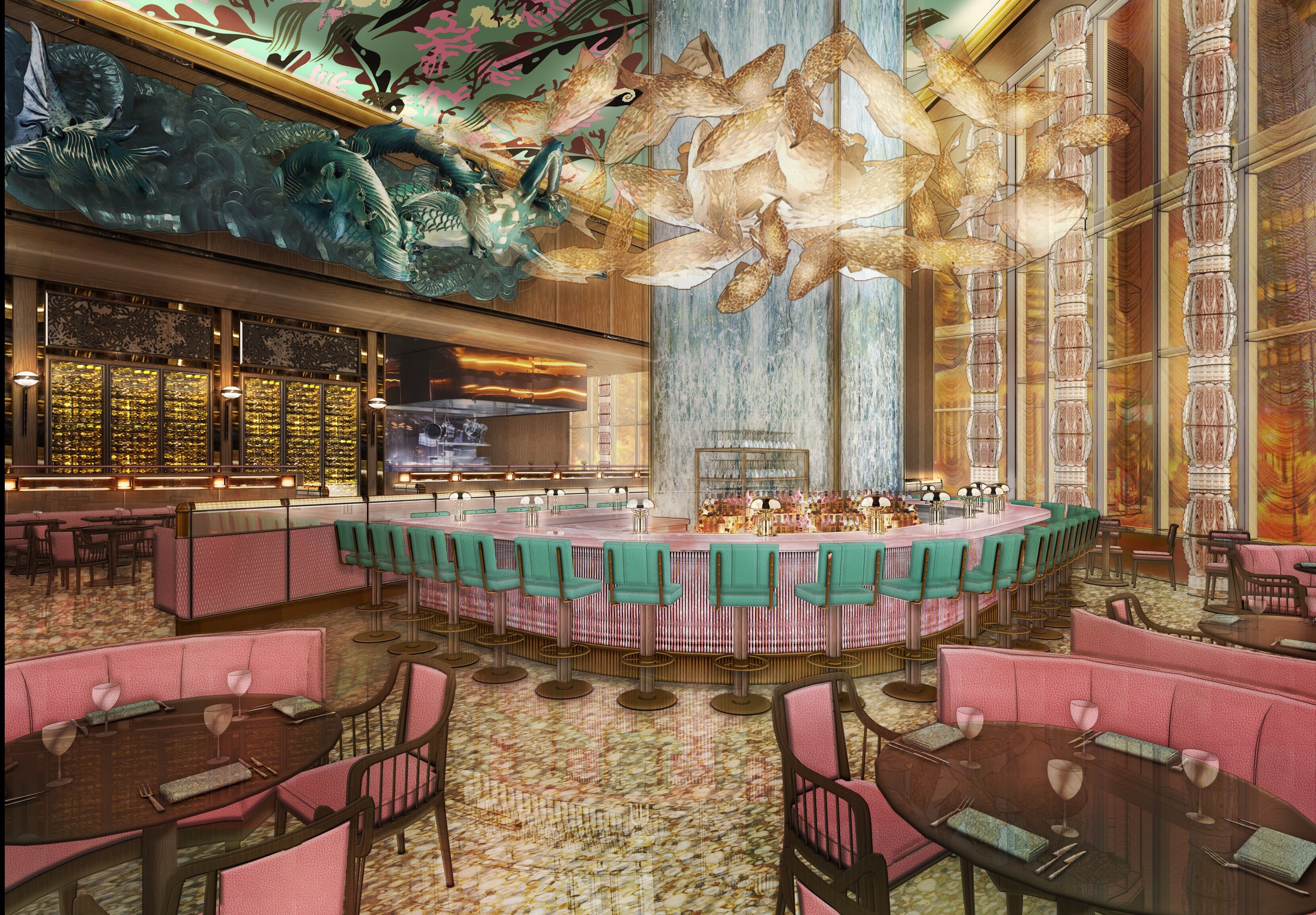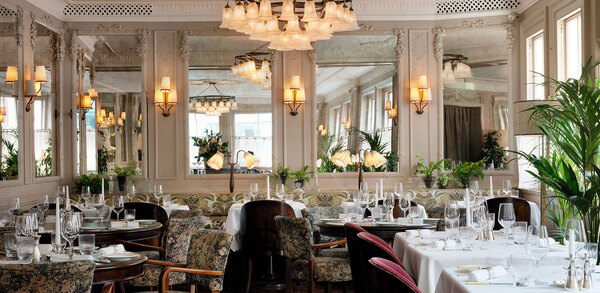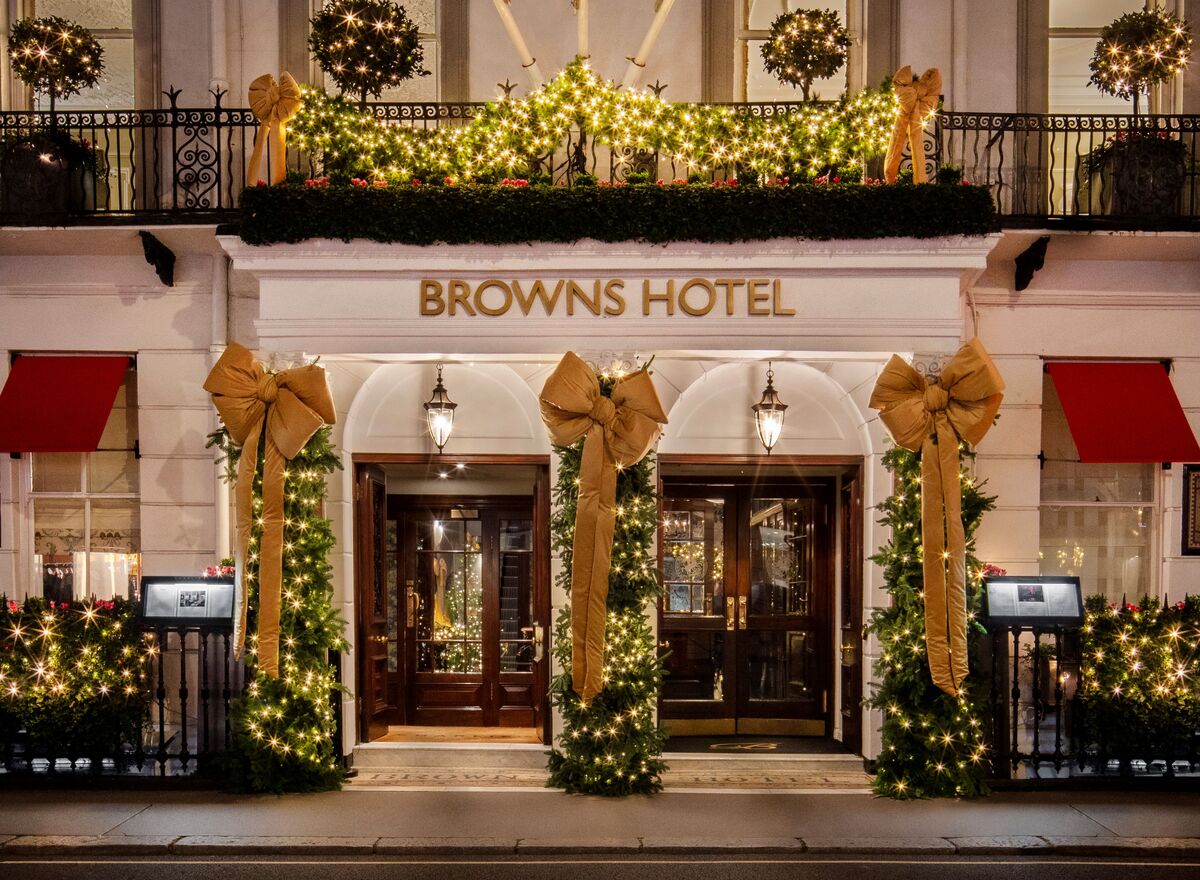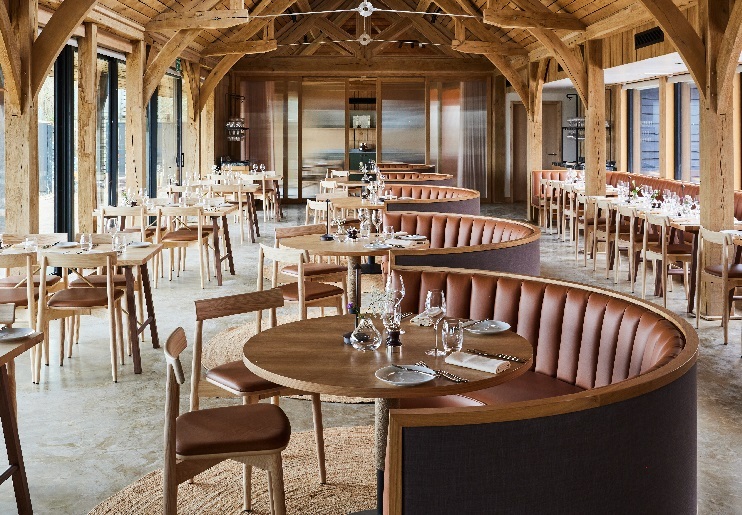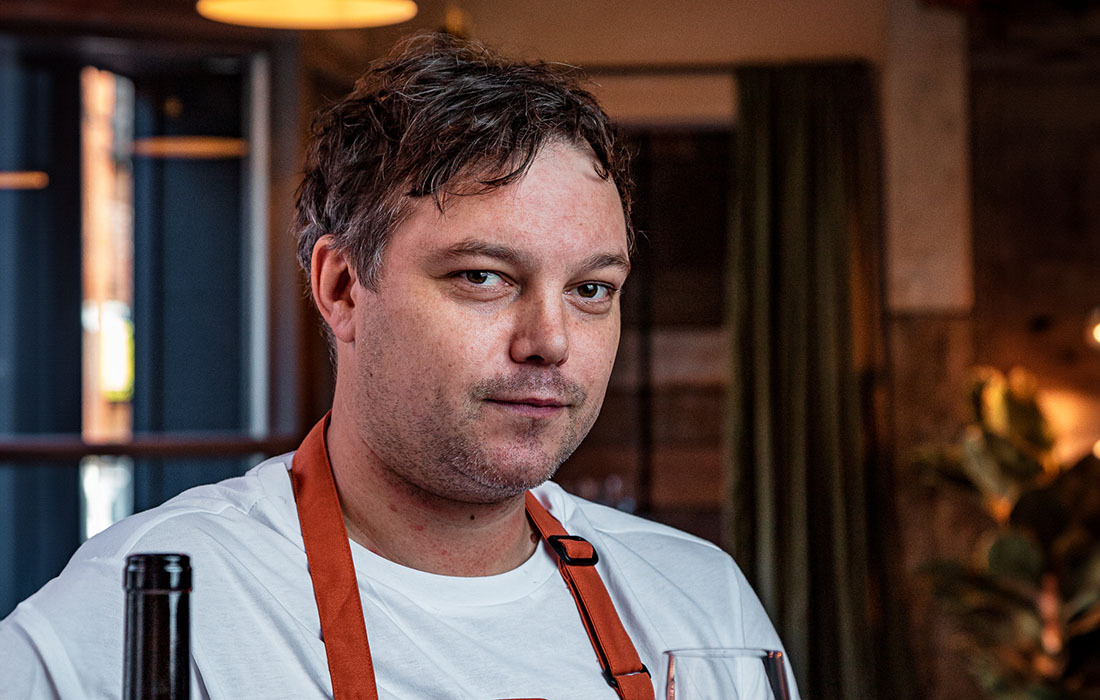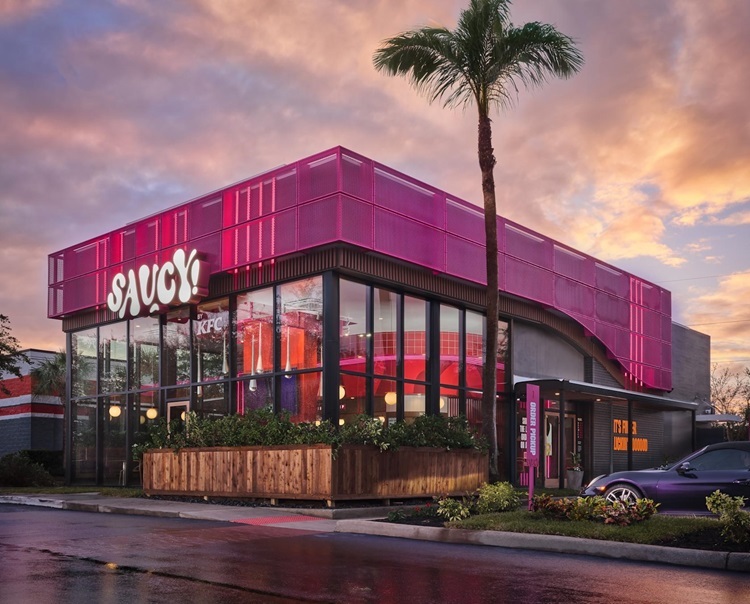Richard Caring’s restaurant empire reports strong revenue growth
Richard Caring’s Caprice Holdings, behind restaurants including Scott’s Mayfair, Sexy Fish and J.Sheekey, saw turnover jump by 71% in 2022 as it returned to profit for the first time since the pandemic.
The year to 1 January 2023 saw turnover increase to £74m, from £43m in 2021, with pre-tax profits standing at £1.2m, compared to the loss of £3.9m recorded the previous year.
In filings made to Companies House Caprice Holdings’ directors said they considered the results to be “a satisfactory performance” in “unprecedented conditions”.
The accounting period saw the opening of two new restaurants Scott’s Richmond in September 2022 and Bacchanalia in November 2022.
The group, which also includes private members’ club Annabel's, saw its gross profit margin fall slightly from 78.7% to 77%, at a time when hospitality has faced a myriad of cost pressures across energy, food and beverage, while labour costs increased from 33.7% of earnings to 35.7%.
The company said it had taken steps to reduce energy consumption including producing more detailed reports to give individual sites greater visibility into their usage patterns.
EBITDA (earnings before interest, taxes, depreciation, and amortization) grew to £12.3m, compared to £577,000 the previous year.
The results come days after Caring’s Troia (UK) Restaurants, which owns and operates the Ivy brand, reported "strong growth" across the same period.
The group has expanded rapidly in recent years with the nationwide rollout of Ivy brasseries and cafes, as well of the expansion of the Ivy Asia brand.
Turnover for the period jumped to £302.9m from £200.4m in 2022 after the group opened five new Ivy Asia restaurants and two Ivy Brasseries in Chichester and Windsor.
Profit before tax grew to £29m from £20.4m, while adjusted EBITDA (earnings before interest, taxes, depreciation and amortisation) rose to £54.8m from £37.9m.
Troia Restaurants said it is "continuing to simplify its structure by striking off dormant entities".
Its restaurants were shielded from the worst of the energy cost increases because the group had been locked into a fixed price contract for gas and electricity during this time, but it stated it experienced inflationary pressures on supplier and new build costs.



